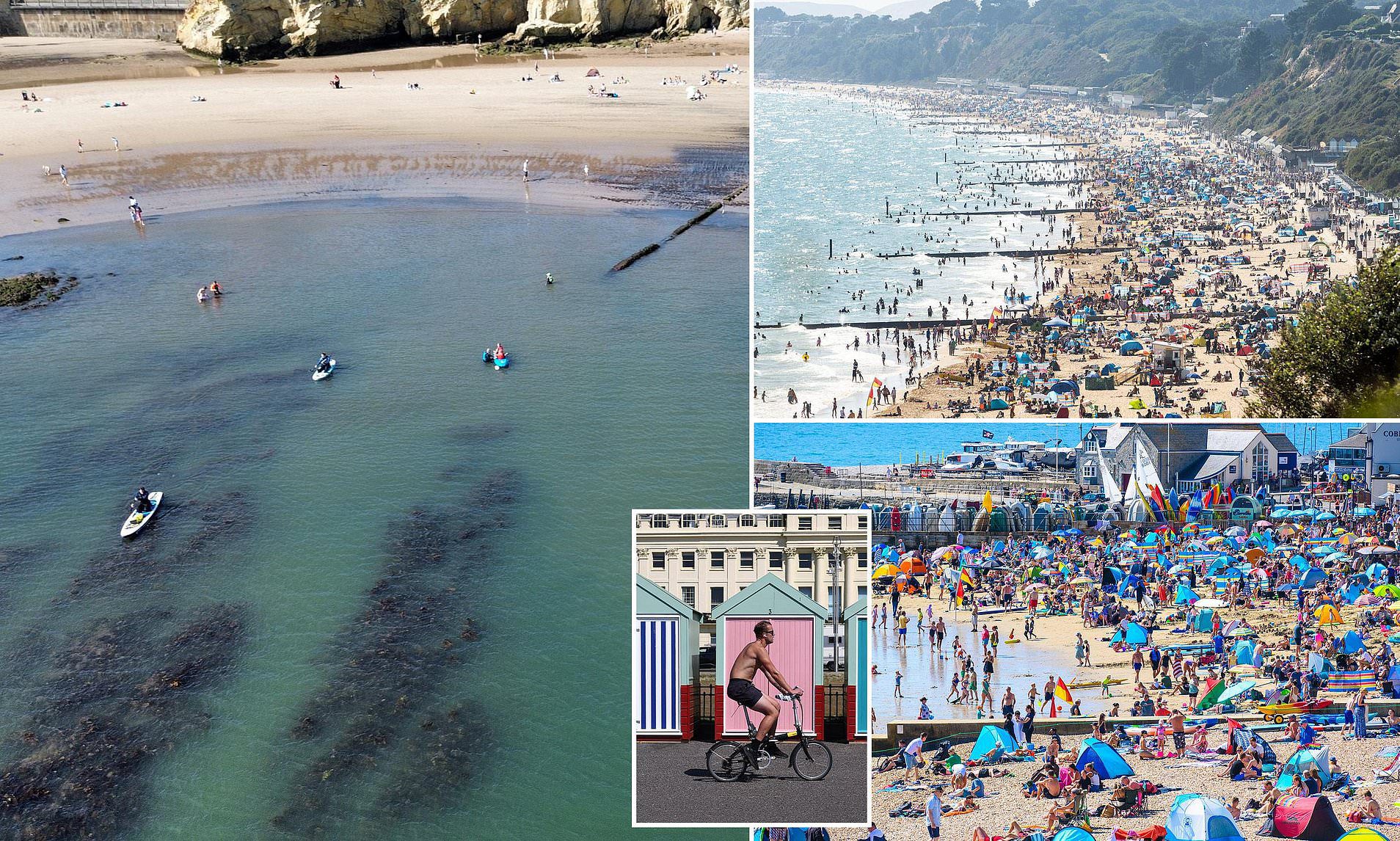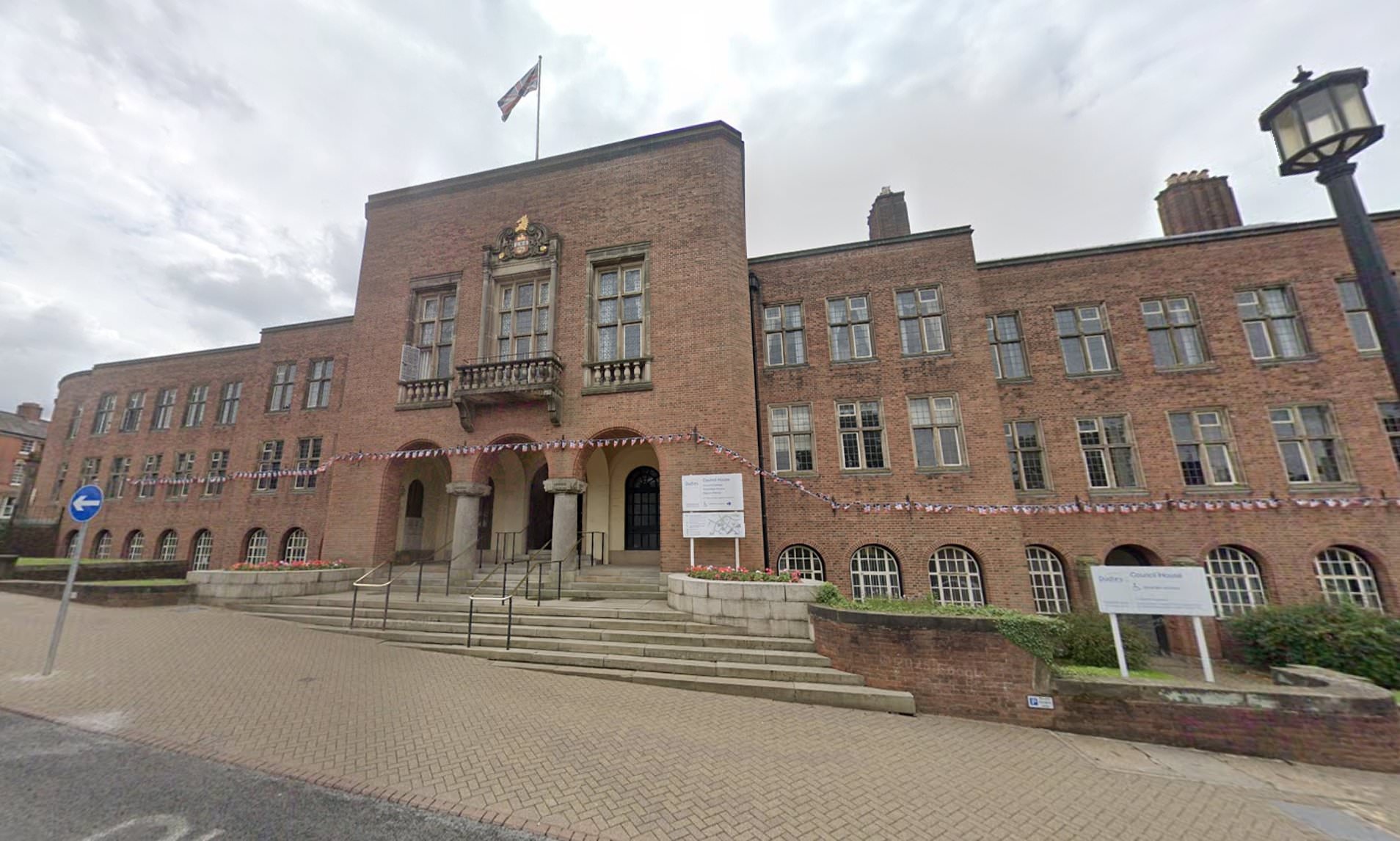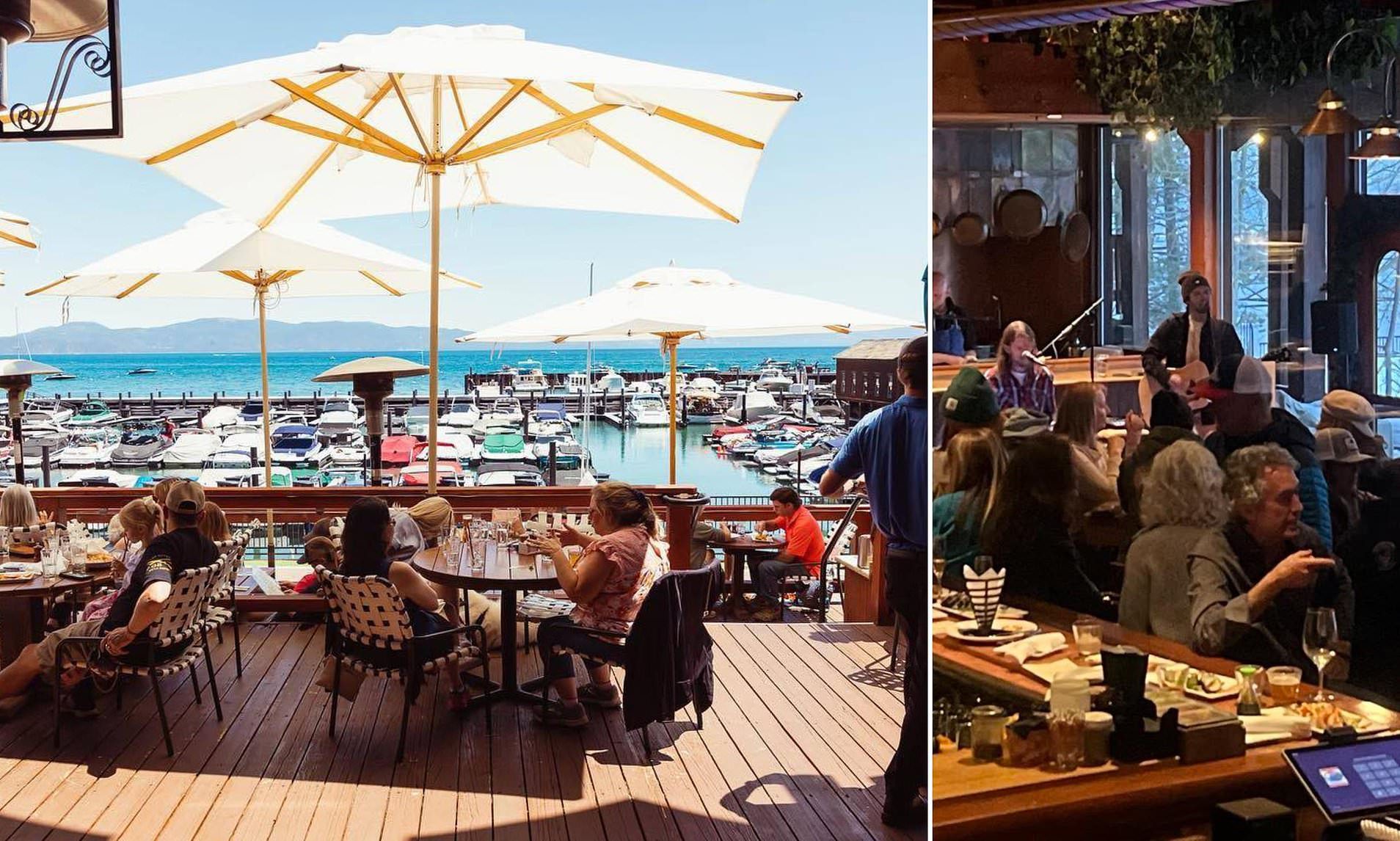A Contrasting Scene on the UK’s Beaches
A sunny bank holiday weekend is typically a time for families to gather, grab their bucket and spade, and head to the seaside. Across the country, thousands of people took advantage of the warm weather, enjoying the beaches in popular destinations like Brighton, Dorset, Bournemouth, and Cornwall. However, not all areas shared the same experience, as some regions faced warnings about unsafe water conditions.
Cullercoats Bay in North Tyneside, usually bustling with swimmers and paddleboarders, saw only a small number of visitors this Bank Holiday Monday. Local authorities issued warnings that the water was heavily polluted, leading to a noticeable drop in activity compared to other parts of the country. Red flags were placed around the beach to deter bathers, but several dozen ignored the advice and entered the water anyway.
The pollution at Cullercoats Bay has been a long-standing issue. Since 2018, the Environment Agency (EA) has given the beach the lowest possible rating of ‘poor’ due to contaminated groundwater. Northumbrian Water has been working to identify the source by drilling boreholes to test for bacteria such as E. coli and intestinal enterococci. These contaminants can cause illnesses, making it a serious health concern for those who choose to swim.
In 2025, the number of brown flag beaches with a ‘poor’ rating increased from 13 to 19. The EA measures water quality based on levels of intestinal enterococci and E. coli, which indicate the presence of faecal matter. This can come from various sources, including sewage, agricultural runoff, wildlife, and road drainage.
Despite these warnings, many beachgoers still chose to visit popular spots like Bognor Regis, Aldwick, and Blackpool North, where water quality ratings are also poor. Campaigner and swimmer Robbie Lane urged people to do their research this summer, suggesting they should be more cautious when choosing where to swim.
Weather Conditions and Safety Concerns
The recent heatwave brought temperatures close to the record set in 2019, though they fell short of the 33.2°C mark. As the Met Office warned that the remnants of Hurricane Erin could affect Britain later in the week, some beachgoers took the opportunity to enjoy the sun before cooler weather arrives.
However, the potential dangers of the weather were not limited to water pollution. In Cornwall, beachgoers were advised to take extra precautions due to the risk of strong waves and currents caused by the hurricane’s remnants. James Instance, HM Coastguard Divisional Commander, highlighted the risks, noting that high tides could lead to dangerous conditions, especially for children or vulnerable individuals.
The coastguard team in Boscastle also issued warnings about large waves and high water levels, with waves exceeding 16 feet expected on Tuesday. These conditions pose a significant threat, and visitors are urged to remain vigilant.
Recent Incidents and Safety Measures
An incident at Aberavon Beach in Port Talbot yesterday evening underscored the risks. Six children were pulled from the water after getting into serious difficulty near a slipway. HM Coastguard coordinated the rescue, with multiple teams and emergency services responding to the scene. Three ambulances were deployed, and two of the children were taken to the hospital.
While the RNLI and North Tyneside Council were contacted for comment on the closure of Cullercoats Bay, the situation highlights the importance of heeding safety warnings. With rising concerns about water quality and weather conditions, beachgoers must remain informed and cautious.
As the summer continues, it’s clear that while many are enjoying the warmth, others are facing challenges that require careful consideration. Whether it’s the risk of pollution, the effects of a passing hurricane, or the potential for dangerous waves, the message remains the same: stay safe and be aware of the conditions.










